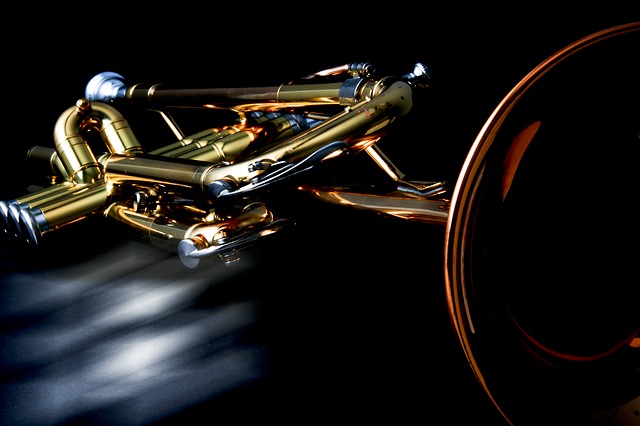It’s every musician’s dream to be able to play the most expensive musical instruments available. Apart from the pride and honor the experience gives them, they believe that pricier instruments produce better sound.
In truth, this isn’t always the case. Many pricey musical instruments sound either the same or worse than their fairly priced counterparts. The flute, for instance, can be made from wood or metal. Although wooden flutes are much less durable than metal flutes and the sound they create is less audible, some wooden flutes actually have a higher price tag. Similarly, some metal instruments cost higher than other metal instruments because the metal used to make them are more precious, even if they sound almost the same.
Simply put, the price of musical instruments is influenced by various other factors apart from the quality of the sound they produce. In fact, in most cases, it is almost always the brand, rareness, or age of the instrument, and not the sound, that dictates the price.
So what makes a musical instrument sound well then?
Two influential factors can be looked at—material and structure. There is always an ideal material for each type of musical instrument. For instance, wood will always be the perfect material for violins, while metal is for trumpets and horns. Many had experimented on the effects of each material and that was what they concluded.
For musical instruments that has to be made of metal, however, the choices can be staggering as there are many metal alloys available. Each of this metal has a different effect on the audibility and clarity of the instrument’s sound, but do precious metals, such as gold and silver, sound better than less expensive metals like brass?
In a scientific study conducted by Widholm, the founder of Institut für Wiener Klangstil (IWK) at the University of Music and Performing Arts in Vienna in 1980, it was found that the material a musical instrument is made of has little effect on the sound the instrument produces. Meaning, gold, silver, and brass trumpets and horns sound almost the same.
Is brass the material of choice for brass instruments because it is less expensive than gold and silver?
It’s easy to deduce that most brass instruments, such as trumpets and horns, are made of brass. Well, the low price is one reason but more importantly, brass is found to produce better sound than other metals due to its unique qualities. Among all the metals that can be used to make musical instruments, brass is the most malleable.
Apart from the natural acoustic properties of brass, its malleability allows it to be formed into tubes of different sizes, which are also essential to producing good sound. This is actually the real reason why brass is the preferred material for musical instruments, even if there’s a growing marketing for more expensive metals.
If you are to create a musical instrument yourself, you need brass of the highest quality. Remember that not all brass products have the same quality, as they are manufactured differently by different foundries. Reputable suppliers, such Rotax Metals, can help you find the brass sales that perfectly suit your needs.
Sources:
The Science of Sound: Examining the Role of Materials in Musical Instruments, tms.org
The Top 5 Most Expensive Musical Instruments in the World!, allianzmusicalinsurance.co.uk



